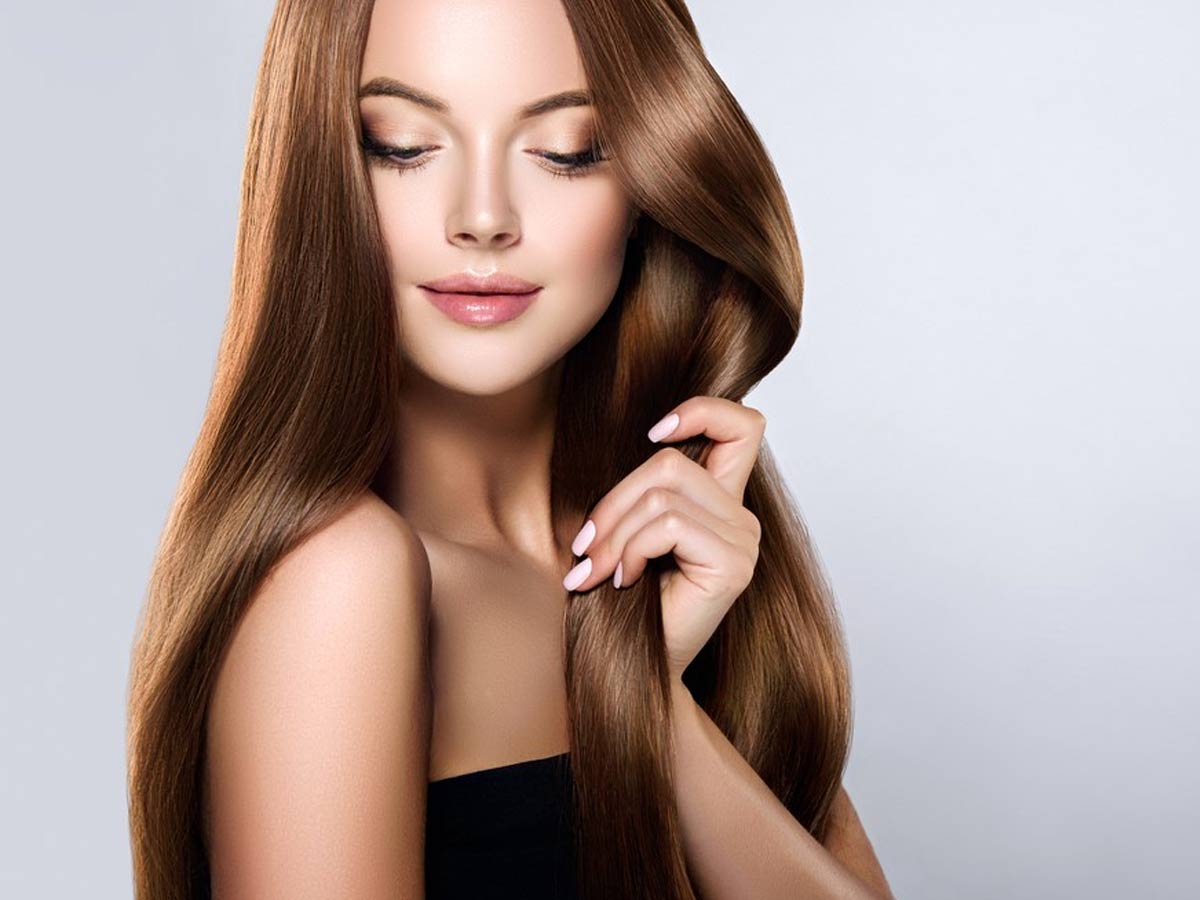We all want that lush and healthy-looking Hair, and nothing works better than Vitamins.
Our bodies require specific nutrients to function and develop properly, and vitamin is one of the many general requirements of the human body. However, they are most crucial for the maintenance of our Hair. We have compiled a list of Vitamins for Hair Growth
Keratin is a structural protein that makes up most of the Hair, and vitamins are known to strengthen hair follicles, cell regeneration, protein use, and the maintenance of our Hair. And although there’s no scientific proof that vitamins play a significant role in hair development, vitamin supplements for hair have been used by many people who have considered them to be effective. To find out more, we will dive into the world of vitamins used for hair care.
Now that we know what Vitamins are, it’s logical to ask…
How do we know if Vitamin Deficiency is affecting our Hair?
Many women are deficient and are unaware of it because of dieting, poor nutrition, or severe stress. When you’re under a lot of stress or don’t eat enough, your body will prioritize stopping hair growth and regulating the nutrients and energy to the organs that need it the most, making you vitamin deprived.
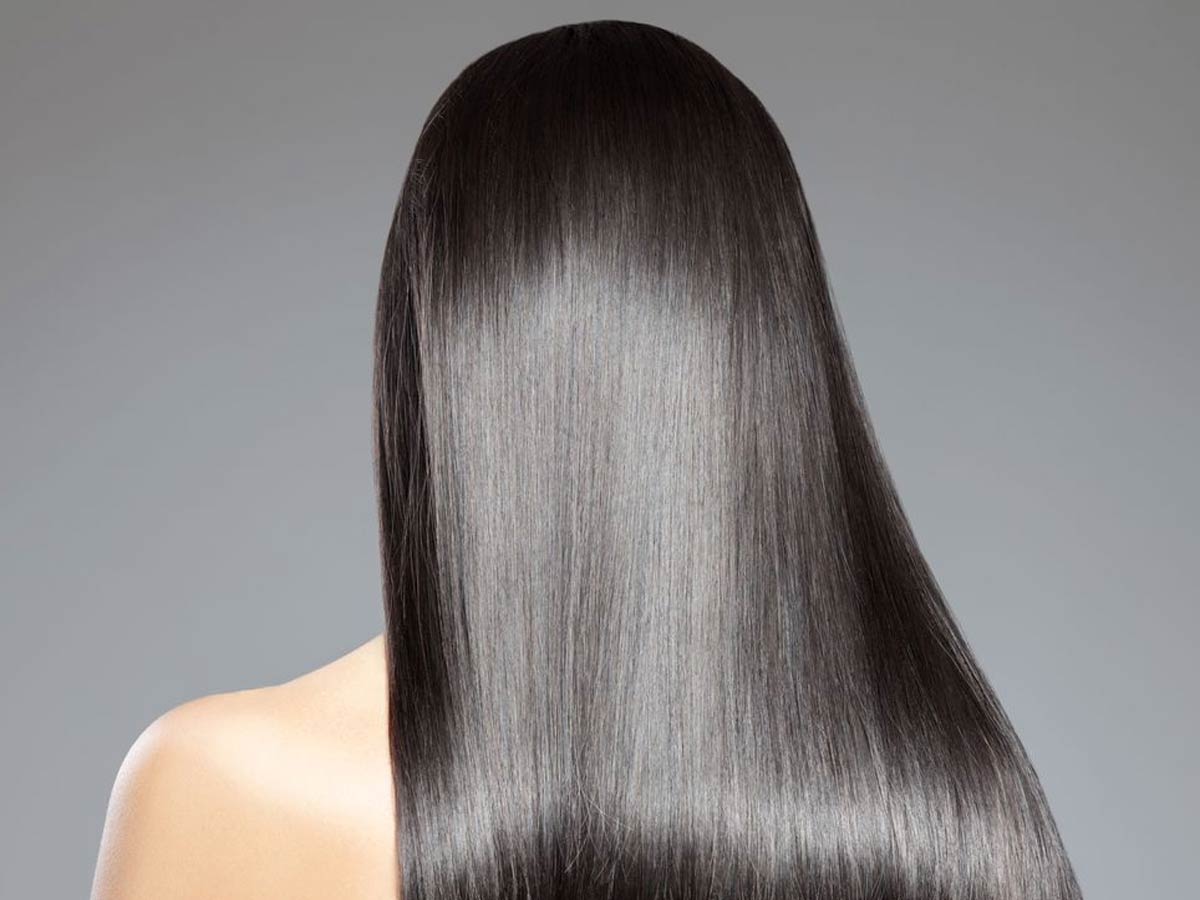
Vitamin deficiency is a three-month late response to stress or a poor diet, with hair fall being the prime symptom affecting the Hair. But, the only way to know for certain if our Hair is going through a vitamin deficiency is to get our vitamin levels tested with our doctor. After which, we can decide what procedure or vitamin our hair needs. Vitamin-related hair loss can cause people to lose more than just their hair on their heads. The shedding of eyebrows and lashes can also be caused by damage to hair follicles.
Vitamins for Hair Growth
Vitamin C

For a wide variety of body functions, vitamin C is essential- including healing wounds, supporting the tissues, bone health, collagen production, and protection against free radical damage to Hair. Vitamin C is necessary for the absorption of iron, which can cause chronic hair loss and hair that does not grow past a certain length if you don’t get enough of it.
Vitamin C is teeming in citrus fruits such as lemons, oranges, onions, broccoli, cauliflower, peppers, spinach, cabbage, Brussels sprouts, guava, and parsley. The approved consumption of Vitamin C in foods and supplements should be 75 milligrams per day.
Vitamin E
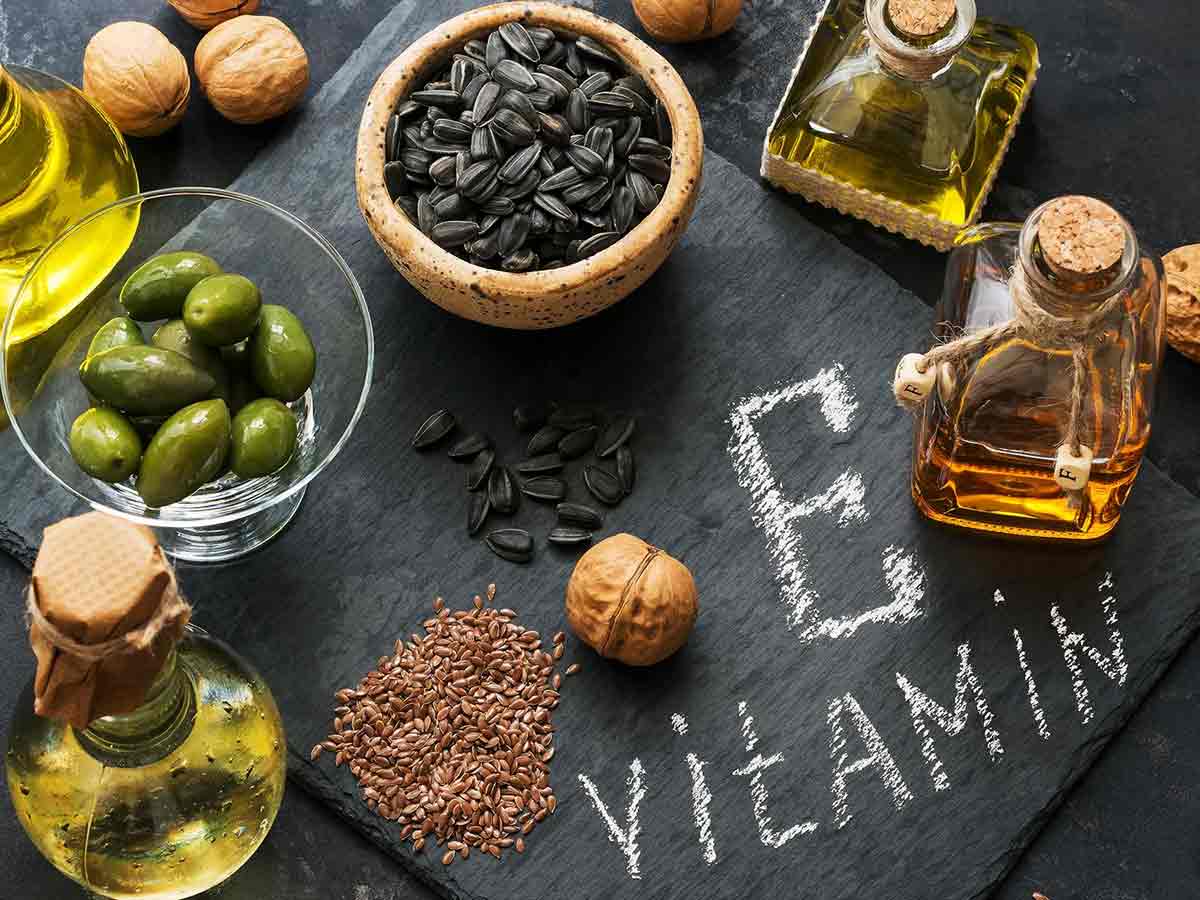
Vitamin E is an antioxidant that, like vitamin C, can help to prevent oxidative stress. It helps to prevent cell damage and promotes hair health and development. Vitamin E is used in hair care to provide an additional security layer and restore lost shine. Some people rub vitamin E capsules onto their scalps to promote hair development.
Also Read, 10 simplest and most convenient hairstyles for girls to look Gorgeous
Alpha-tocopherol, beta-tocopherol, gamma-tocopherol, delta-tocopherol, alpha-tocotrienol, beta-tocotrienol, gamma-tocotrienol, and delta-tocotrienol are the eight chemical types of vitamin E. Only the first, alpha-tocopherol, is needed by humans. Tocotrienols are also given as an edible supplement.
According to a PubMed Central study, people with hair loss experienced a 34.5% improvement in hair growth after supplementing with vitamin E for 8 months.
Vitamin D

When you are exposed to sunlight, the body produces vitamin D, so it is recommended that you spend some time in the sun during the day. Although the exact function of vitamin D in hair growth is unknown, one form of hair loss has been attributed to vitamin D deficiency. It’s also important to remember that excessive vitamin D consumption inevitably contributes to more calcium and kidney stones. Suppose you’re taking a vitamin D supplement. In that case, doctors highly recommend eating a high-fat diet to help the body absorb the excess vitamin D. Alopecia.
This autoimmune condition causes severe hair loss, can be caused by a lack of Vitamin D. Vitamin D levels in the blood of people with alopecia were found to be poor in some studies. Vitamin D is abundant in mushrooms, grains, fortified juices, fish, and low-fat fortified milk. Still, it is also available in tablets, capsules, injections, sachets, and granules if they are allergic to any of these foods.
Adults can take 600 foreign units (IU) of vitamin D per day or 15 micrograms (mcg).
Vitamin A
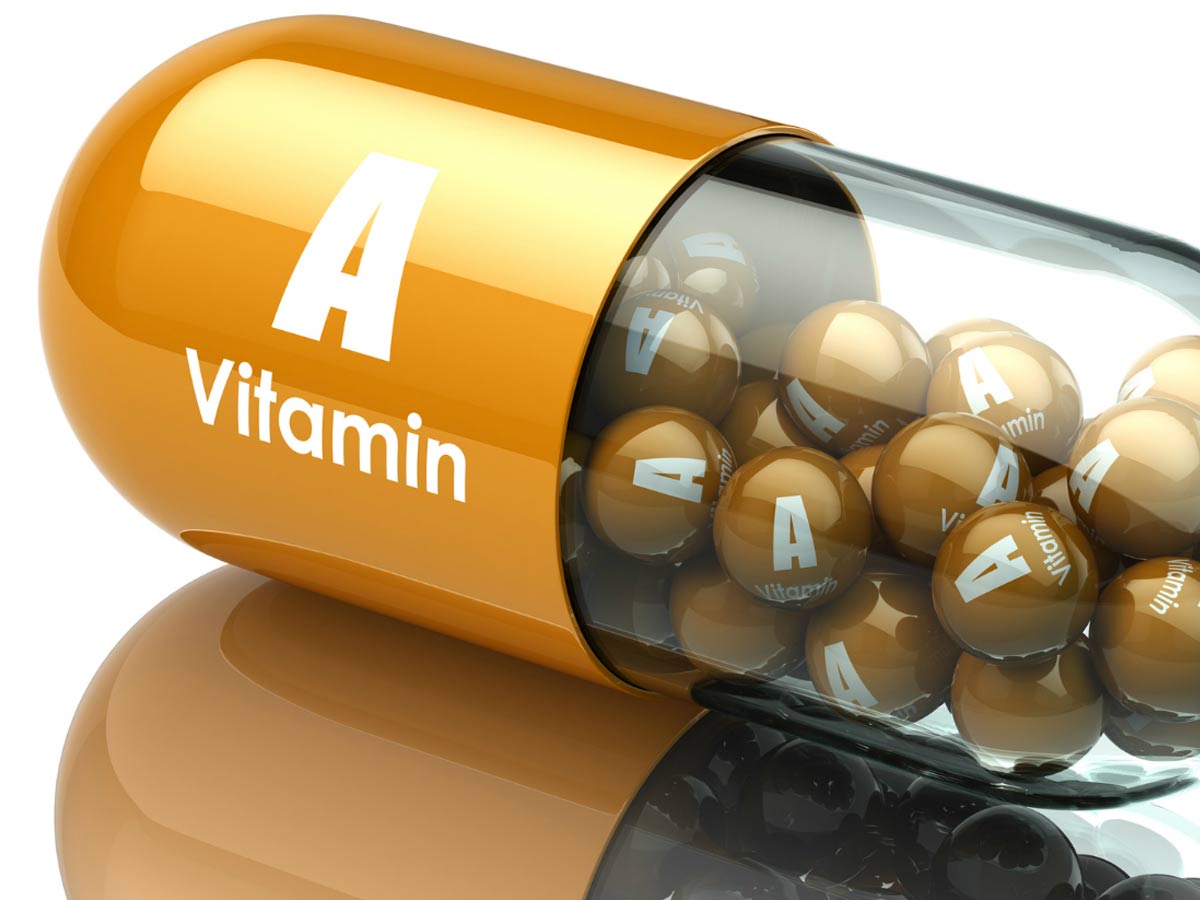
Vitamin A (carotenoids and retinoids) promotes sebum (oil) formation on the scalp. This aids in moisture retention and blood circulation, which strengthens hair follicles and promotes hair development. Although getting enough vitamin A is vital, getting too much can be dangerous. An overdose of vitamin A can also cause hair loss, according to studies published in Pubmed Central. Beta-carotene, which is converted into vitamin A, is abundant in sweet potatoes, cabbage, pumpkins, spinach, and kale.
Animal products such as milk, eggs, and yogurt contain vitamin A. Cod liver oil is an excellent source of omega-3 fatty acids. Vitamin A supplements are also available online. For two months, take 10,000-20,000 units of vitamin A per day. Vitamin A consumption of 600 g per day, whether from diet or supplements, is recommended.
Also Read, 5 Ways to Boost Hair Growth Without Any Medication
Vitamin B7
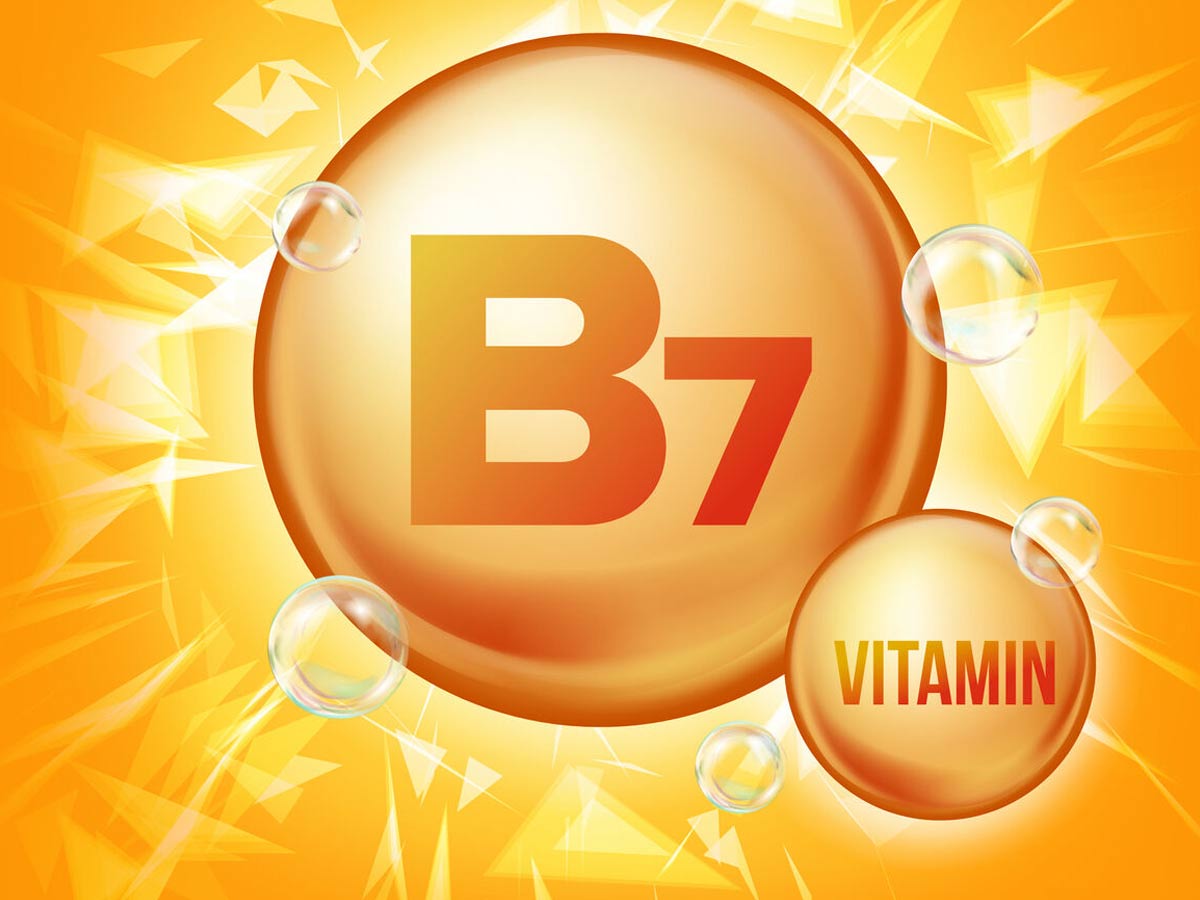
Vitamin B7 or Biotin helps dissolve proteins into hair-growing amino acids. Moreover, Biotin repairs heat, sun, and chlorinated water damage. When taken daily, biotin supplements result in thick, voluminous hair. However, since it occurs naturally in a large variety of foods, deficiency is extremely rare. There is also a scarcity of information on whether Biotin effectively promotes hair growth in healthy people.
Other B vitamins also aid in forming red blood cells, which transport oxygen and nutrients to the scalp and follicles. For hair development, these processes are critical. Many foods, including whole grain, almonds, meat, fish, seafood, and dark greens, can produce B-vitamins. Furthermore, the only healthy sources of vitamin B12 are animal foods. Also, consider taking a supplement if you follow a vegetarian or vegan diet.
Vitamin B7 is rich in foods like almonds, cauliflowers, spinach, broccoli, peanuts, walnuts, milk, salmon, cereal, avocado, and raspberries. If someone has an allergy to one of the foods, they also have Biotin capsules and Biotin tablets in forms or forms.
Vitamin B7 is recommended for 30 micrograms daily consumption.
Our Hair is the 2nd fastest growing tissue of our body.
It protects our scalp and provides warmth in cold temperatures, so providing it with the proper nutrients is our job. Therefore, Vitamins for Hair Care should be integral in our healthcare regimes!





















